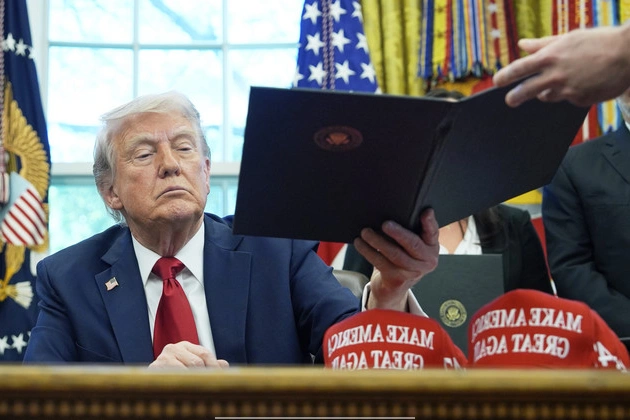
As Canada gears up for its national election, the specter of President Donald Trump looms large, injecting a new dimension into the political discourse. Trump’s recent comments hinting at Canada’s dependency on the U.S. and his tariff threats have stirred controversy and speculation.
The Trump Factor in Canadian Politics
Trump’s rhetoric suggesting Canada’s vulnerability without American support has sparked reactions from various political figures. Liberal Leader Mark Carney has been vocal about the perceived threats to Canada’s sovereignty and economy posed by Trump’s policies.
Conservative Leader Pierre Poilievre has positioned himself as a potential interlocutor with the U.S. president, emphasizing the need for strong diplomatic relations amidst the ongoing trade tensions.
Implications for the Election Outcome
With Trump’s shadow looming over the campaign trail, the focus has shifted to which leader is better equipped to navigate the complexities of U.S.-Canada relations. The prospect of a post-election meeting between the winning party and Trump adds a layer of intrigue to the electoral landscape.
Carney’s decision to call for a snap election underscores the urgency of addressing the challenges posed by the U.S. administration. The Liberals’ push for a majority mandate reflects their determination to assert Canada’s interests on the international stage.
Looking Ahead
As the election unfolds, the dynamics of Canada-U.S. relations will continue to shape the political narrative. The intersection of domestic priorities and foreign policy imperatives underscores the need for a nuanced approach to navigating the Trump era.
Stay tuned for updates on how the election results could impact the future trajectory of Canada’s engagement with the United States under the specter of Trump’s influence.











